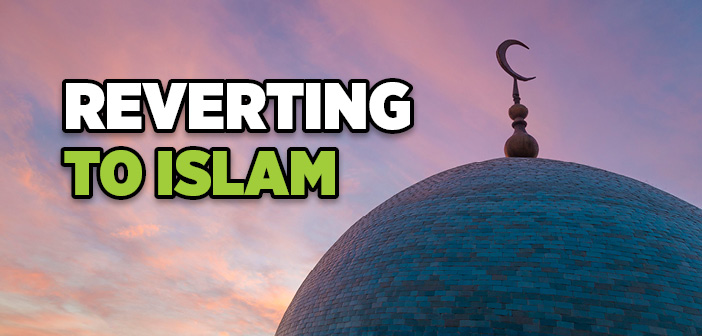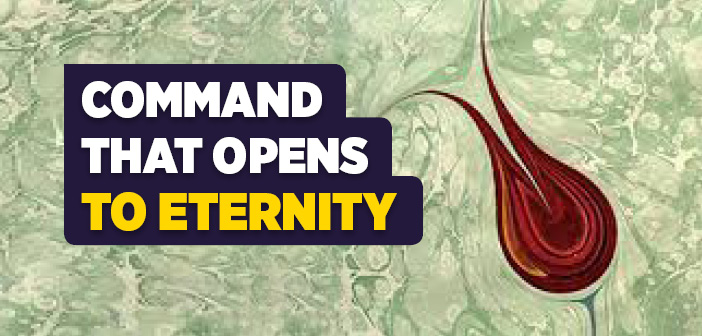What is an awe inspiring case of justice?
It was briefly after Edirne became the Ottoman capital, and the first years of the rule of Sultan Mehmed II, the soon-to-be conqueror. An Arab philosopher had arrived in Edirne. He was posing some questions on scientific and technical matters and, as per the custom of the time, challenging Muslim scholars to a debate. The scholars of Edirne proved incapable of offering any satisfactory response that could silence him.
Sultan Mehmed was distressed. As he pondered who to pit against the man, he gathered the viziers, and said:
“Do we not have a scholar in our lands who could respond to this man? Do some research right away and return to me with a positive answer!”
They recommended Hizir Bey, a professor in Sivrihisar.
“Invite him straightaway”, the Sultan ordered.
When Hizir Bey, a man still in his thirties, arrived, the philosopher who, for days had been challenging Ottoman scholars, looked at him and smiled scornfully. Yet, when the debate got under way, not only did Hizir Bey perfectly respond to all his questions, he countered with a few questions of his own, which the philosopher could not answer, forcing him to admit defeat.
Sultan Mehmed was delighted. He praised the young scholar with the words:
“You have made our day. May the Almighty Allah make your day in both worlds and increase you in knowledge and virtue!” The sultan also appointed him the chief professor of some of the madrasas of Bursa and put him on a salary. After the conquest of Istanbul, Sultan Mehmed appointed Hizir Bey the city’s inaugural mayor and judge.
In the days that followed, a remarkable incident occurred between the Sultan and his favourite judge, Hizir Bey.
Mehmed II had the hand of a Christian architect cut off for doing the opposite of what he had been commissioned. The Sultan believed that the architect had seriously betrayed his orders by shortening the major pillars inside the mosque that serve to prop up the dome. For this, he decided to punish him.
The Christian architect who had his arm cut off, went to Hizir Bey and filed a lawsuit against the Ottoman sultan.
During those times, Mehmed II was officially addressed as, “The Sultan, son of a Sultan and Warrior, the Father of Conquests Muhammed Khan the Second.” As if to address any person off the street, however, Hizir Bey issued a summons that simply read:
“Murad’s son Mehmed. Present yourself at court at such-and-such date.”
On the day of the trial, Mehmed II appeared at court without any ceremony, just like any other person. He took the seat of the accused. Hizir Bey also took his own seat and the trial began.
During the trial, the judge would be seated as he represented justice, while the rest would stand to give evidence. Upon seeing Sultan Mehmed seated, Hizir Bey warned him, saying:
“Rise! You stand accused in the court of law!”
Following the warning, Sultan Mehmed stood to testify. At the end of the hearing, the judge found the Sultan guilty, and ruled in favour of the Christian architect. After reciting the retribution verse from the Qur’an, the judge decided to have the Sultan’s arm also cut off.
The sultan of the world who had ended epochs and brought empires to their knees, accepted the verdict with calmness and resignation, simply saying:
“The judgment belongs to the sacred law!”
Brought to tears by this exceptional scene of justice, the Christian architect declared:
“I withdraw my complaint and am willing to settle instead for a compensation!”
With the trial settled amicably, Sultan Mehmed turned to Hizir Bey and remarked:
“I congratulate you for fearing Allah and not me.”
Moreover, Sultan Mehmed donated a house from his own personal wealth to the Christian architect. The architect thereupon said:
“This kind of justice is out of this world.” He then said the shahadah and remarked, “From this moment, I, too, am a Muslim.”
A magnificent example of making tabligh through action.
Incidents such as these have led many non-Muslims to embrace Islam.
It was not just the sultans and scholars of those magnificent eras who were filled with such immense spirituality. So were the people.
While trying to scale the walls of Istanbul, the soldiers of Sultan Mehmed the Conqueror were met with boiling oil and Greek fire. Still, those selfless and courageous souls were running to martyrdom, shouting:
“It is now our turn!”
Such instances of unshakable faith and sublime love have attracted divine help over and over again.
Among the spiritual commanders of that blessed campaign was also Ubaydullah Ahrar (QS) who, at the time, was all the way in Turkestan.
The son of his grandson, Khajah Muhammed Qasim recounts the following:
“On Thursday afternoon, out of nowhere, Ubaydullah Ahrar (QS) asked for his horse to be prepared. He then rode the horse quickly out of Samarkand, telling his students to:
“Stay here!”
A student known as Mawlana Sheikh briefly pursued him, only to see that after swerving left and right with his horse, Ubaydullah Ahrar (QS) disappeared out of sight.
Sometime later, Ubaydullah Ahrar (QS) returned. The students excitedly inquired about the reason behind his sudden journey. He explained:
“The Turkish sultan, Mehmed Khan asked for my help. So, I went there to help him. And with the will of the Almighty Allah, victory was secured.”
Ubaydullah Ahrar’s (QS) grandson, Khajah Abd al-Hadi narrates:
When I went to Istanbul, I was able to meet Sultan Bayezid II. As if to confirm this incident, the Sultan recounted:
My father, Mehmed the Conqueror explained:
‘During the fiercest moments of the siege, I prayed to the Almighty Allah, asking for the qutb of the time to come to my aid. That man arrived, with such-and-such appearance, riding a white horse.
‘Do not fear! Victory is yours!’, he assured.
‘The enemy numbers are too great’, I said.
He then opened his cloak and said:
‘Look inside!’
Seeing an army flowing like a deluge from inside his cloak, I was stunned. He added:
‘They have all come to help the army of Islam’, before going on to say:
‘Now go on top of that hill, bang on the drums three times and command the army to attack!’
I did just that. And that saint joined the soldiers during the assault. Not long after, the conquest arrived.’”
These instances of spiritual help are blessings brought by justice, direction and selflessness.
In contrast, being slack and lazy attract divine warnings. A similar story to Ayyub al-Ansari’s interpretation of ‘danger’ narrated above, is a wonderful example highlighting the spiritual connection between the Ottomans’ first three centuries and the era of the companions.
Barbaros Hayreddin Pasha explains:
“Feeling tired as a result of the great victories I had achieved, I once decided to take a break. I therefore sent Sinan Pasha to lead a new campaign on my behalf. That night, I heard a voice in my dream, saying:
‘Hayreddin! There is no comfort in this fleeting world. The only comfort is in paradise. Get up at once; and know that the help of the Almighty Allah is with you!’
When I woke up, I said to myself:
“This is the encouragement of a saint. Thankfully, it saved me from a grave mistake!” I then donated a great deal of charity and clothed many poor people.”
Source: BEING A GUIDING LIGHT, Osman Nuri Topbas, Erkam Publications
 Source: BEING A GUIDING LIGHT, Osman Nuri Topbas, Erkam Publications
Source: BEING A GUIDING LIGHT, Osman Nuri Topbas, Erkam Publications




